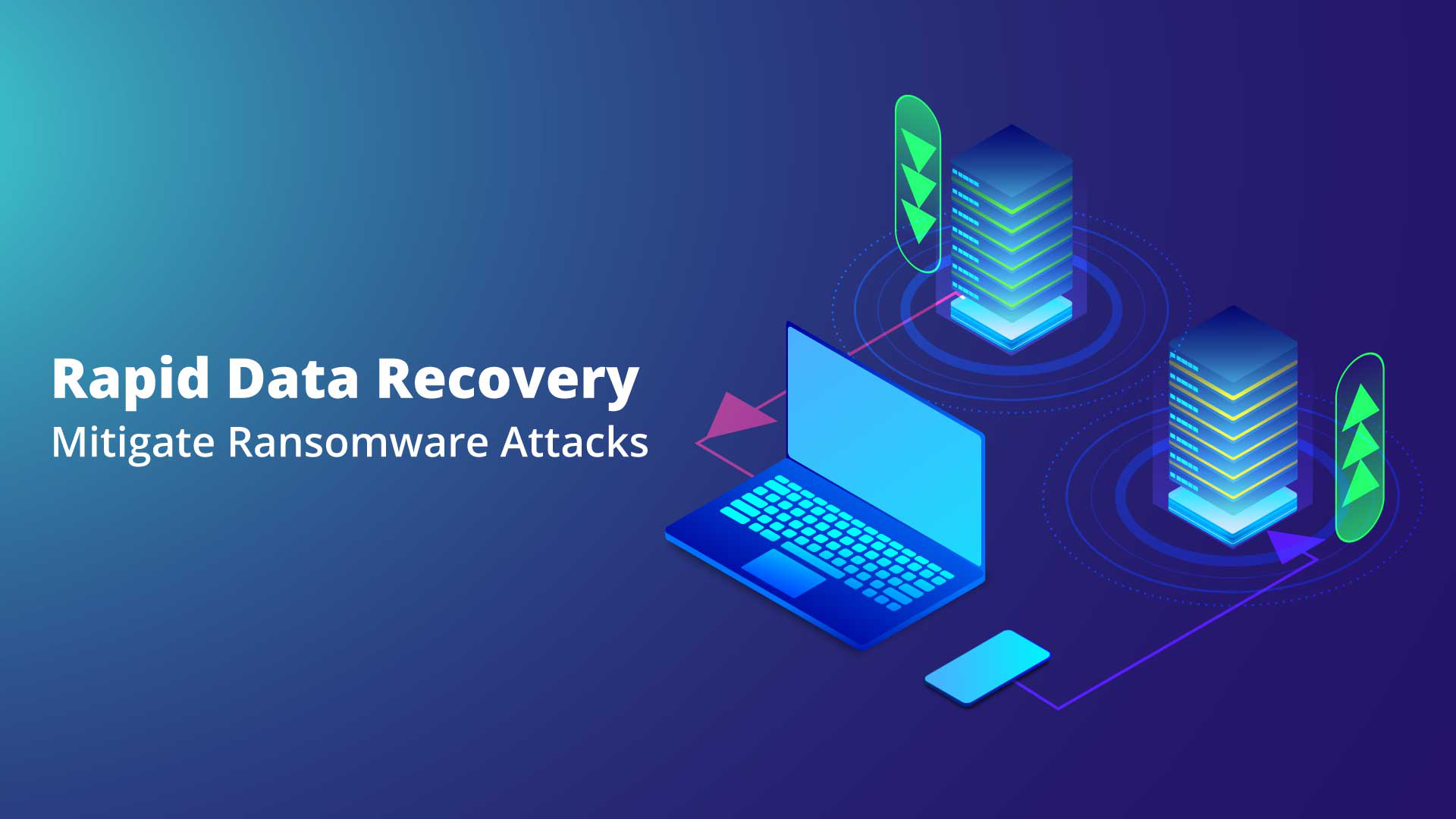When Time is of the Essence: Rapid Response Data Recovery Solutions
Data loss strikes fear into the hearts of individuals and organizations alike. Whether it's a crucial business document accidentally deleted, treasured family photos corrupted, or critical system files wiped clean by malware, the potential consequences can be devastating. Thankfully, in today's tech-driven world, data loss doesn't always signal a permanent goodbye. Rapid response data recovery solutions offer a lifeline, promising swift and efficient retrieval of lost information, even in the most time-sensitive situations.
When should you consider rapid response data recovery?
Understanding the Need for Speed
a. Business Continuity: For businesses, lost data translates to lost productivity, disrupted operations, and potential revenue loss. Minimizing downtime is paramount, and rapid response services expedite the recovery process, getting your systems back online and operational faster.
b. Critical Data: Some data transcends financial value, holding sentimental or irreplaceable significance. Wedding photos, family videos, or research data might not have a price tag, but their loss is immeasurable. Rapid response offers a fighting chance to reclaim these precious memories or vital information.
c. Compliance Regulations: In regulated industries, data loss can trigger legal and financial repercussions. Rapid response minimizes the risk of non-compliance by ensuring swift data recovery and adherence to data retention policies.
Choosing the Right Rapid Response Service
With the urgency of data loss situations, selecting the right rapid response service is crucial.
Here are key factors to consider:
a. Expertise: Look for a provider with proven experience in diverse data recovery scenarios, from physical damage to complex logical issues. A team with specialized engineers proficient in various storage technologies (HDD, SSD, and RAID) is vital.
b. Turnaround Time: The service's advertised turnaround time should align with your urgency. Be clear about your specific needs and inquire about options for different timelines and associated costs.
c. Transparency and Communication: Open communication is crucial during a stressful data loss event. Choose a provider that offers clear communication channels, regular updates, and readily available customer support.
d. Data Security: Data breaches are a serious concern. Ensure the provider adheres to strict security protocols and employs robust data encryption to safeguard your sensitive information throughout the recovery process.
Types of Rapid Response Services
The specific techniques employed for rapid data recovery depend on the cause and severity of data loss.
Some common solutions include:
a. Remote Data Recovery: For logical issues like accidental deletion or software corruption, remote recovery offers a faster and more cost-effective solution. Data recovery specialists work remotely on your system to retrieve lost files without the need to physically ship your device.
b. Emergency On-Site Recovery: In cases of physical damage, specialized engineers visit your location with portable labs and tools to expedite data recovery directly on-site. This minimizes the risks associated with device transportation and ensures quicker access to your data.
c. Advanced-Data Extraction: For complex scenarios like fire, flood, or head crash damage, data recovery specialists perform intricate procedures in secure cleanroom environments to physically extract salvageable data from damaged storage devices.
Beyond Recovery: Proactive Steps
While rapid response services offer a valuable safety net, the best approach to data loss is undoubtedly prevention.
Here are essential proactive steps to reduce the risk of data loss:
a. Regular Backups: Implement a robust backup schedule, backing up critical data frequently to external drives or cloud storage solutions.
b. Disaster Recovery Plan: Develop a comprehensive disaster recovery plan outlining procedures for data recovery and system restoration in case of emergencies.
c. Data Hygiene: Promote good data hygiene practices within your organization, including proper file management, security protocols, and user awareness programs.
Conclusion
Data loss can be a debilitating experience, but rapid response data recovery solutions offer a beacon of hope in times of need. By understanding the urgency of your situation, choosing a reputable provider, and taking proactive steps to prevent data loss, you can ensure the security and accessibility of your valuable information.
Remember, time is of the essence when dealing with data loss, so act swiftly and choose a rapid response service that prioritizes both speed and quality to get your data back where it is safe and sound.







